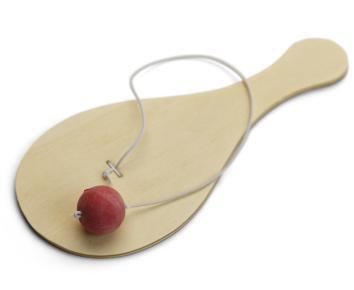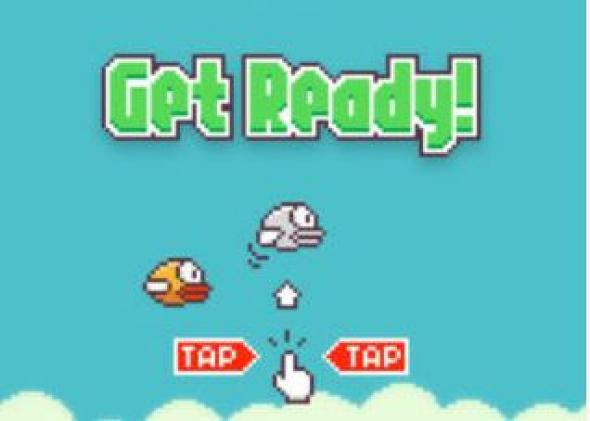In an interview with Rolling Stone today, Flappy Bird’s creator said he might resurrect the insanely popular smartphone game at some point.
“I’m considering it,” 28-year-old Dong Nguyen told the magazine. But if he does bring back the title, he added, it will come with a warning for would-be addicts: “Please take a break.” For now, his focus is on developing three new games: a cowboy-themed shooter, a flying game called Kitty Jetpack, and an “action chess game” called Checkonaut.
That was the highlight of an otherwise surprisingly unsurprising interview with the young Vietnamese game designer. Rolling Stone sent writer David Kushner to Hanoi to track down the elusive Nguyen and didn’t come away with a whole lot that we didn’t already know or suspect. Still, the article does the best job yet of stitching together the threads of Nguyen’s personal story and rescuing him from mythical status. He’s just a guy, not a gaming god.
Nguyen tells the magazine he built Flappy Bird as an homage to the simple-yet-compelling Nintendo games of his youth. He adds that he never expected it to go viral, and Rolling Stone wasn’t able to shed any new light on how that transpired. When it did, he was overwhelmed by the media attention in his home country, where he became a sudden celebrity. Even more, he was distraught by reports of people getting addicted to the game and losing their jobs or ignoring their schoolwork. So he pulled the plug, and he still feels it was the right choice. This is basically the same story he has told via Twitter, and in past interviews.

Mega Pixel / Shutterstock.com
I did, however, appreciate Nguyen’s insistence that the game’s simplicity was no accident. He said his goal with Flappy Bird was to build something that people could play with one hand, in the fleeting moments between appointments or obligations. And he intended the graphics to be amusingly cartoonish. My favorite part is where Nguyen tells the magazine he modeled the game on what Kushner calls “one of the most masocore analog creations ever: paddleball.” From the story:
Like paddleball, he limited his game to just a couple of elements—the bird and the pipes—and resisted the usual urge to lard the action with new elements as the player progressed. He tuned the physics so that the bird was fighting gravity so strong, even the slightest wrong tap would kill it.
It’s a testament to Nguyen’s success that paddleball was in fact the exact analogy that came to mind when I played the game and wrote about it a month ago. From my final paragraph:
A game’s appeal is not proportional to its complexity. If anything, the relationship is inverse. Flappy Bird is a game like bouncing a ball on a paddle is a game. It is utterly simple, mind-numbingly repetitive, yet endless in its variations—and profound in its ability to fulfill our human need to concentrate for a moment, an hour, or an evening on something other than the weighty complexities of real life.
If nothing else, the Rolling Stone interview should serve as reassurance that the Flappy Bird’s appeal was not random or inexplicable. It was the product of a sharp mind tackling a problem—how to make a compelling game for a tiny screen on a mobile device—in a fresh and creative way.
Instead of yearning for Flappy Bird’s return or downloading all the Flappy Bird clones that now populate the app stores, fans of the game ought to show their appreciation by downloading the new games that Nguyen says he’s working on. And if you find yourself getting addicted, please resist the urge to dump your problems on the game’s creator via Twitter or angry app-store reviews. He’s obviously a pretty sensitive fellow.
The full Rolling Stone story is here.
Previously in Slate:
